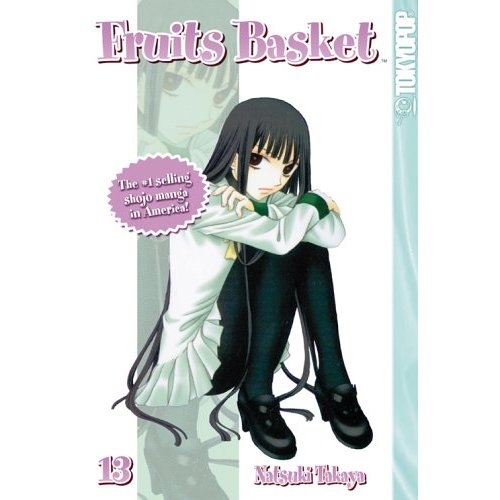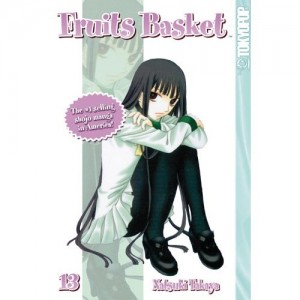By William Shakespeare. First published in Britain in 1623 by Edward Blount, William Jaggard, and Isaac Jaggard. Review copy from ‘The Arden Shakespeare: Third Series’, edited by Virginia Mason Vaughan and Alden T. Vaughan. Revised Edition.
First off, let’s get one thing clear right off the bat: no matter how much lovers of Shakespeare want it to be, and try to rewrite history to make it so, this is *not* the final play that Shakespeare wrote. Henry VIII and Two Noble Kinsmen, both co-written with John Fletcher, followed this, as well as the lost play Cardenio (also with Fletcher). There’s no denying that it would be awesome if we could read the play as an allegory of Shakespeare’s playwrighting and the final speech as his retirement form the stage. But that’s not what actually happened.
This is not to take anything away from The Tempest. There’s a reason people want it to be Shakespeare’s last play – it’s fantastic, easily his best ‘romance’ and among his top plays, with some superb dialogue, especially from the magician who many say was Shakespeare’s self-portrait, Prospero. It has a lovely palindromic structure, and some supporting roles that an actor can really sink their teeth into in the form of the island’s two natives, Ariel and Caliban. And, despite many saying that she’s just a passive girl who does whatever her father tells her to, there’s more teeth to Miranda than one might expect if played in the right way.
I must admit when I first read this in college I did not get any colonial subtext at all – most of my classes were not dedicated to finding the political or social themes in Shakespeare’s work, merely focusing on the plot and language. But apparently there’s been a lot of discussion about how much Shakespeare was influenced by colonial trips England was taking to the Bermudas, so much so that some used to describe this as Shakespeare’s American play. I’m not sure I’d go that far, but certainly the conflict between Prospero and Caliban has been what many directors enjoy focusing on as the centuries have passed.
As times and mores change, the way we view the three main characters also develops. Caliban was a hulking, ape-like villain at times, but has also been portrayed as something of a noble savage – though one has to be careful not to make him too noble, given how he willingly admits to attempting to sexually assault Miranda shortly before the play began. Likewise, while it is tempting to keep to the symmetries of Shakespeare’s play by portraying Ariel as the light to Caliban’s dark, this does not necessarily make him any less of a servant – and many excellent productions have focused on Ariel’s truculence when dealing with Prospero, and his joy once freed.
As for Prospero himself, his character seems to have experienced a similar trajectory to Shakespeare’s, as so many scholars and readers saw Prospero’s magic and arts as Shakespeare’s discussion of his own writing. And, as the ‘bardolatry’ of the earlier centuries has given way to a more balanced look at Shakespeare’s life and works, so Prospero is not viewed with the rose-colored glasses anymore. He can be surprisingly petulant and stubborn, even in his final speech, and it’s possible to read his decision to leave behind his magic and return to the real world as a particularly bitter pill to swallow.
I’ve talked before about how I would stage a production of the play I’ve just read, but unlike Shrew and Merchant, I have less to say here. Certainly there would be a few more special effects needed than I’m normally used to in my Shakespeare – I’ve mostly performed the comedies – but that shouldn’t pose too much of an issue. Other than that, though, just reminding the actors that they need not necessarily lock themselves into one interpretation on their first reading, an to let their own view of the character come about during rehearsals and multiple readings. I hope that this would allow the ambiguities I prize so much in Shakespeare to shine through.
I feel I haven’t said as much as I normally do about this play but, slight controversies about Prospero and Caliban aside, there’s not as much controversy here as in the prior plays I’ve reviewed. This is the last truly great play Shakespeare ever wrote – Henry VIII and Two Noble Kinsmen are interesting yet flawed, I would say – and anyone who loves the theater or language should read it if they have not already. As for this Arden edition, it’s great to read if you want to hear about the backstory of the play and get into the nitty gritty of Shakespearean scholarship – I loved the discussion about whether a speech should be assigned to Miranda or Prospero – and reads smoothly. This edition also updates it to cover the last 10 years or so of Tempest discussion, including the recent Helen Mirren version.




